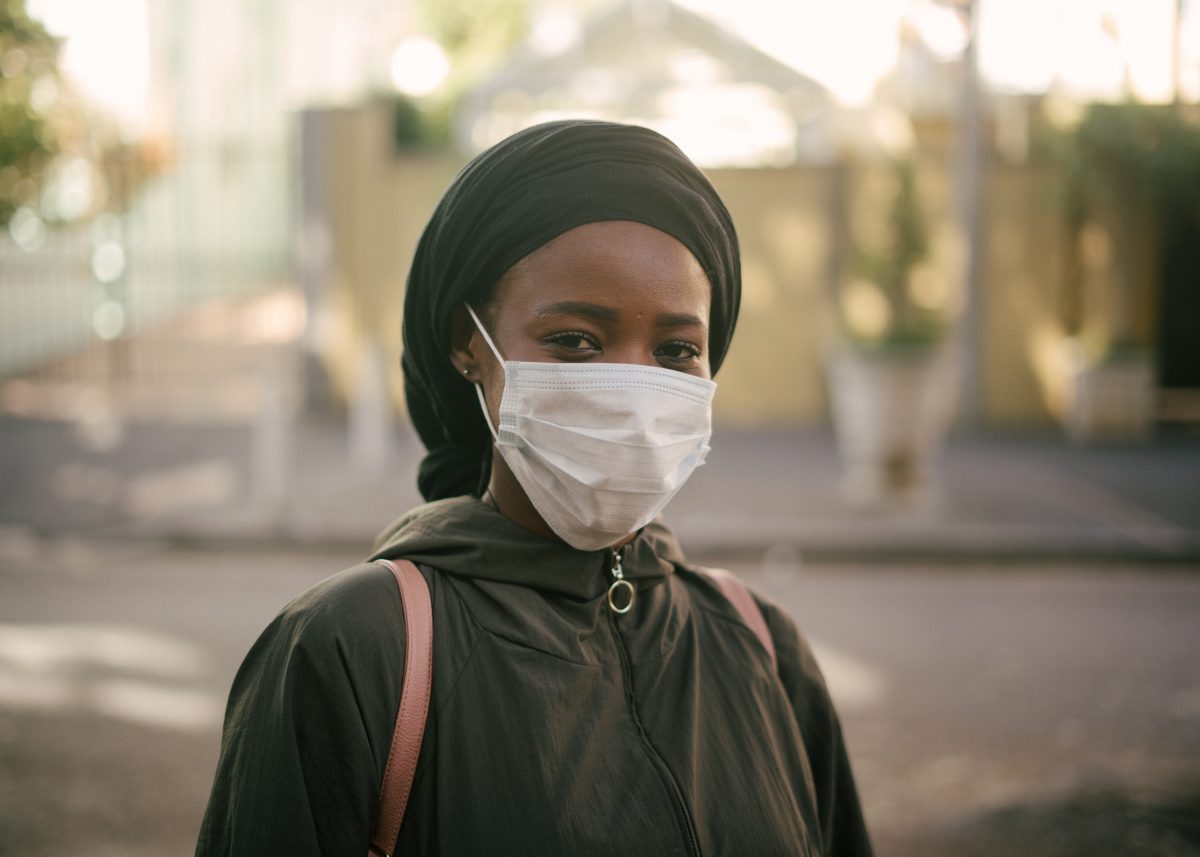Sports after COVID-19
There is light at the end of the tunnel and cities are now beginning to open up. So how does ‘the new normal’ affect sports?

COVID has changed everything. The pandemic, which has swept the globe and affected nearly every country on all six continents, has caused cities to lockdown and normal activities to stop on a scale that has never been experienced before in living memory. However, there is light at the end of the tunnel – cities are now beginning to adapt to ‘the new normal’ and things are gradually opening up.
So, how does ‘the new normal’ affect sports? Competitive sports are loved by people all over the globe. In normal times, we flock to stadiums to watch our favourite football or rugby teams. But with some games being dubbed ‘super spreader events’, what is the answer for playing and watching sports during and after COVID?
Some competitive sports have already started to be played again, with strict testing and isolation procedures for the players. At the moment, no spectators are allowed in venues.
Undoubtedly, a lot will change. Social distancing will need to be undertaken by everybody involved in games for quite some time and this will cause a range of economic and social factors. Let’s look at some things that might change.
Virtual reality will become more common
Virtual Reality, or VR, helps people to see something as if it is actually taking place, and there will be a lot more of this as time goes on. Whether that be 360-degree photos on Facebook or fully immersive video, it will become much more normal to see games through this lens.
Journalism will focus on local sport
COVID is a time when everybody is looking inwards, focusing on their local area and what it has to offer. During the pandemic, it is harder for journalists to travel to report, meaning they may be more likely to focus on small, local teams rather than large-scale national reporting.
Athletes will seek independent forms of employment
It is projected that contracts for athletes will decrease, meaning that they will need to find other ways to fund themselves. They might become influencers, using their platforms to talk about certain topics and making money from sponsorships.
Coaches will become more tech-savvy
COVID is made much easier by technology – from the fact that we can pay using contactless cards to the ever-growing amount of TikToks to keep us amused – and coaches will undoubtedly become more tech-savvy throughout this crisis. During the pandemic, big decisions have been made over Zoom meetings, and with the pressing environmental crisis that will remain after the pandemic, this might be rolled out permanently.
Therefore, during and after COVID, coaches will likely rely on apps to communicate with their team members, draw up timetables and even train remotely.
School events will become important
Schools will need to adapt to playing sports safely, but they are likely to be children’s main involvement with the sporting world for some time. Sporting education in school will be crucial to the physical and mental health of students, as will education into different types of sports and advice on sporting careers.
Payments will change
Additionally, teams will have less funding and find themselves having to adapt in order to find the money to pay their staff. B4B offers safe, easy to use payment solutions for sports teams around the globe. Our contactless, prepaid business cards work anywhere where Mastercard® can be used, and can easily be topped up and utilised by players and organisation-staff alike.
Our prepaid card solutions are great for staff members earning anything from a few hundred to thousands of any currency a month, and they can be used to make payments across the globe. They are a fantastic way for any kind of sporting enterprise – from grassroots campaigns to full-scale sporting events – to organise their money better and reassure people of their job security during this difficult time.



